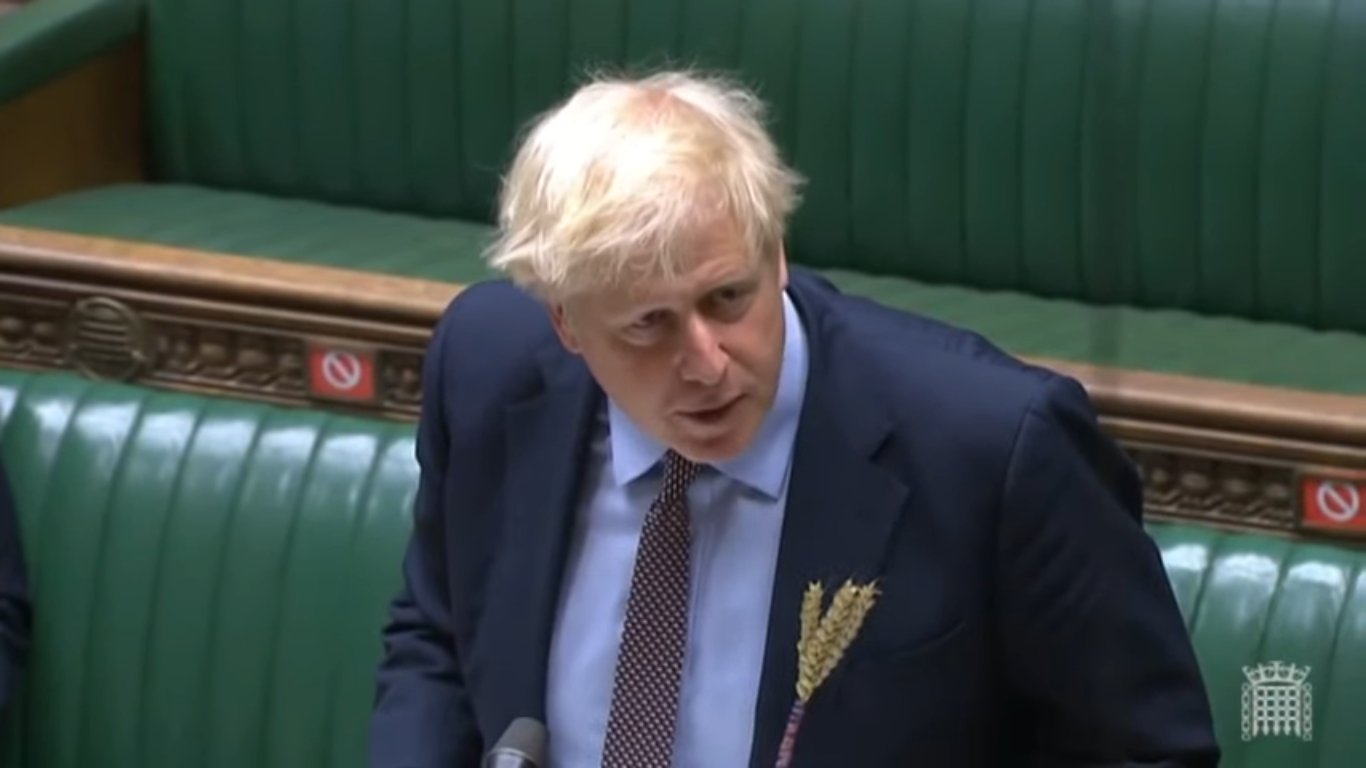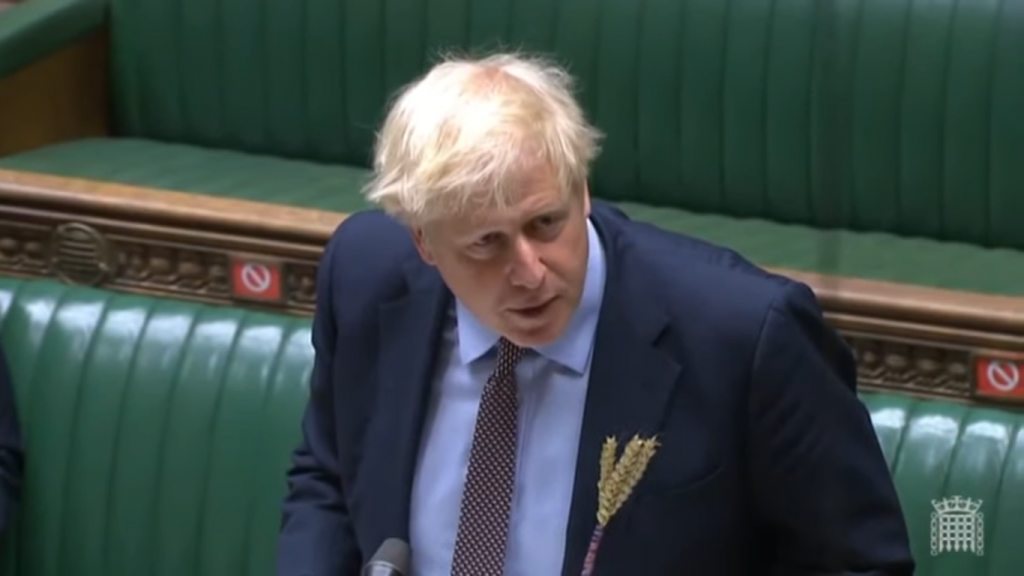On Thursday (10 September 2020), it was announced by the Prime Minister that Covid restrictions would be reintroduced, limiting the number of people gathering in groups in England to 6 from the previously allowed number of 30.
Alongside this restriction, so-called ‘Covid marshals’ will be introduced to regulate the population’s accordance with the new restrictions.
Schools and workplaces will remain in operation regardless of the risk posed to individuals in environments where social distancing is a great difficulty.
Additionally, Unlicensed Music Events (UMEs) will still be threatened with £10,000 fines for organisers and those involved.
These new restrictions will come into place tomorrow, Monday 14 September, alongside similar restrictions being implemented in Scotland, Wales and Northern Ireland due to a sudden rapid increase in Covid infections across the whole of Britain.
This week, it has been reported that roughly 2000 new infection cases of Covid have occurred each day in recent times.
In England, the new ‘rule of six’ restrictions will bring with them on-the-spot fines of £100 and a fine of up to £3,200 for repeat offenders. However, ‘support bubbles’ and households of more than six people are exempt from the fines.
In Scotland, similar restrictions are in place, however, two households are permitted to gather together.
In Wales, restrictions are greatly different, with the allowance of an extended household of up to four different households and the continued permittance of up to 30 people in outdoor gatherings.
For Northern Ireland, no more than two households are allowed to congregate and a cap on 6 people is permitted for private garden gatherings. However, up to 15 people are allowed to meet outdoors.
Boris’ new measures have sparked criticism amongst all sides of Westminster for both the timing of such restrictions along with the sudden softening of lockdown that occurred on 4 July and the effectiveness of the restrictions themselves in preventing the further spike of infections.
With Boris’ controversial and polarising EU withdrawal legislation, relations between the PM and MPs in the House of Commons are already at a fractious point.
Complaints amongst some Tory MPs against Boris’ new Covid restrictions reside in the fact that such restrictions were decided wholly within Boris’ cabinet, rather than allowing the House of Commons to review such measures collectively.
These exceptional extra-parliamentary powers that have been allowed to Boris’ cabinet have meant that the House of Commons’ scrutiny over any potential faults in the legislation has been overridden.
On the other side of the House of Commons, the Socialist Campaign Group of Labour MPs consisting of 17 MPs amongst Labour’s left put out a statement calling for the government to implement a ‘zero-Covid’ strategy.
They state that the government “did not pursue a zero-Covid strategy. Therefore lockdown was started too late and lifted too early – before the level of infections had been reduced to minimal levels.”
The group look towards New Zealand’s Prime Minister Jacinda Ardern’s implementation of coronavirus restrictions in her country as a potential framework for how the UK can decrease the spread of infections.
Whereas the UK is hitting daily infection cases of over 2000, New Zealand has had an average of five daily reported cases of infection alongside a mere recorded death-toll of 5 since may.
For the socialist MPs, a ‘zero-Covid’ strategy is the only viable option for the UK to adequately tackle the pandemic, especially with the encroaching dilemma of flu season.
Challenge News Desk




